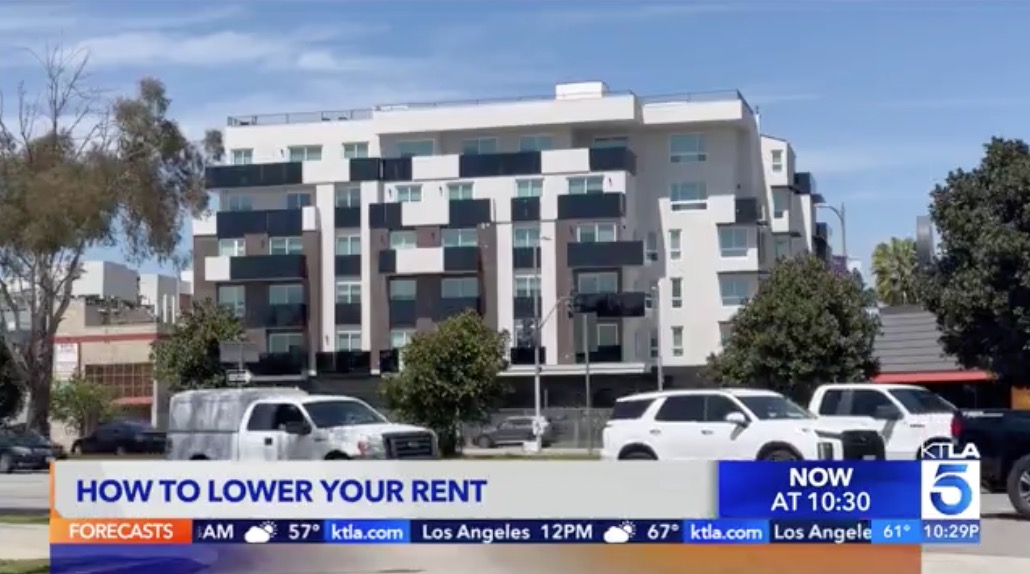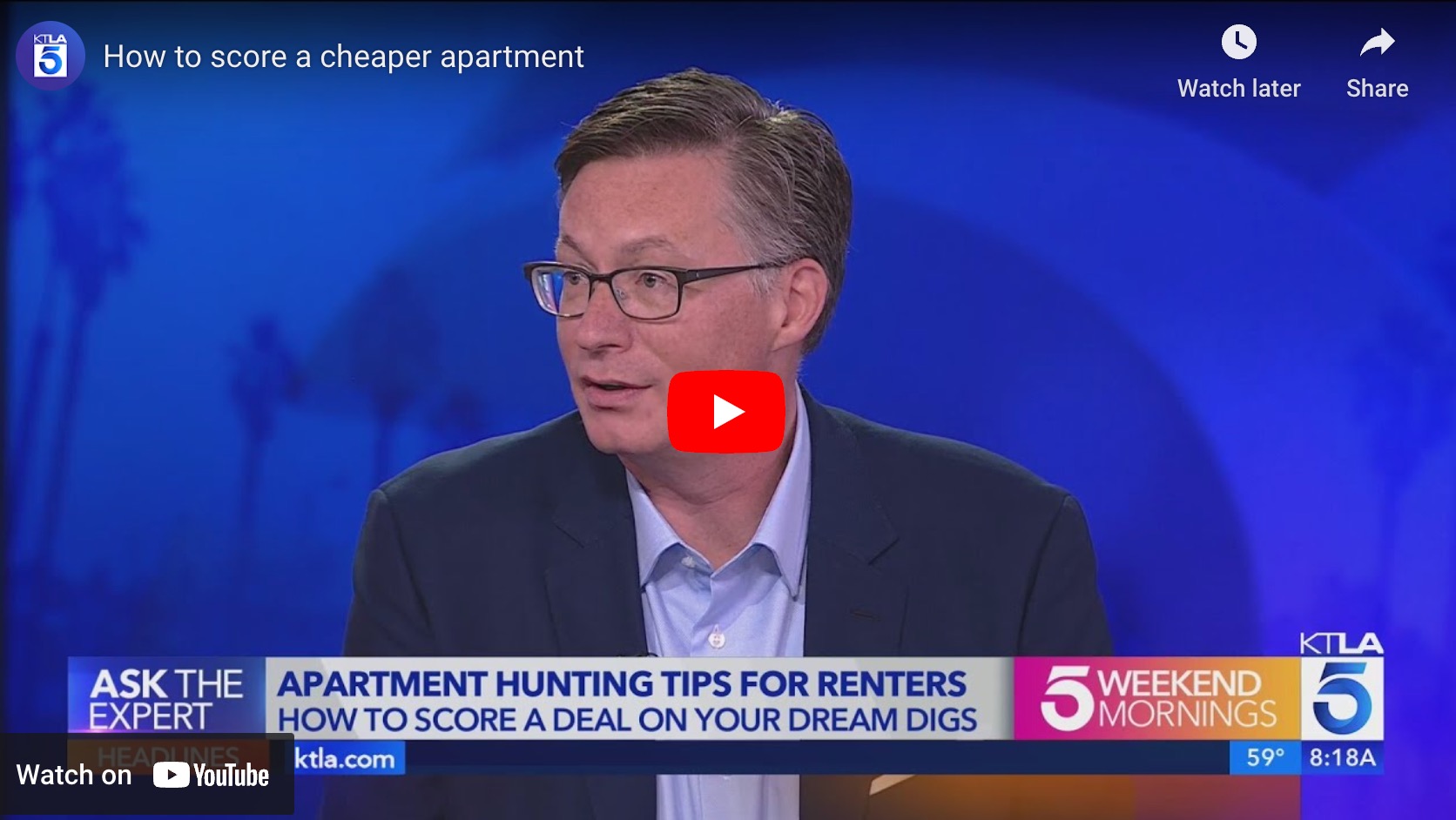Here at Dwellsy, we’re lifelong negotiators. This means we’re the kind of folks who get excited about buying a car because we enjoy the negotiation. Weird. We know. Happily, this weird personality glitch serves us well when it comes to renting homes and apartments. We are amongst the very few who negotiate. And you know what? Because of this, all of us here have gotten better terms as a result of negotiating the lease. You can negotiate yours, too.
Negotiations can be intimidating, so how do you go about it? You can think of it in three parts: Preparation, The Ask, and the Back-and-Forth.
Preparing to Negotiate Your Lease
Don’t get intimidated by the preparation. There’s not much to do – really just three steps.
First, understand the terms on offer from the landlord.
Sounds simple – it’s just the rent, right? Not right. There are lots of other things that might cost or save you money. Is there separate rent if you have a pet (often oddly called “pet rent”)? Do you have to pay for utilities or not? If so, how much are they? How big is the security deposit?
There are also other, non-financial terms that might make a big difference to you or the landlord. A big one is the length of your lease. The terms on which you can renew is another one.
Second, make sure you understand how the price and terms for the place you’d like.
Compare it to other options around it or other alternatives that you’re considering. Does the rent feel a little high? Do other places include a parking spot? Is pet rent being forgiven at other places? It also helps to understand what influences an apartment’s rental price in the first place. This is the kind of info that will give you a sense of how strong your negotiating position is.
If you’ve done a search for a new place, then you probably have this info already. However, if you’re considering a renewal for your existing rental, then you may have to do some new research. You can do that on Dwellsy, or by inquiring at a few of the rentals that look comparable to yours.
Third: make sure you understand what the landlord wants and needs.
Talk to the landlord and get to know them a little. What do they need? What are they concerned about? How was their experience with the last occupant of the place? Do they have a line of folks out the door for the place, or are you the only prospect they’ve seen in weeks?
Smaller landlords are often very worried about vacancies or the possibility of bad renters trashing their properties. With them, things like a bigger security deposit or a longer lease term might get you a lower rent. Also, many small landlords struggle to do maintenance on the property. This means if you have skills in that area, you could be a huge help to the landlord.
Larger properties and more corporate landlords often have lots of areas in which they can cut prices. They can cut security deposits, fees, and throw in things like free parking or storage units.
Super-secret pro tip: larger landlords are often trying to protect what’s called the “base rent.” Base rent is the regular rent that you pay each month. Landlords want this to be as high as possible. Base rent doesn’t include “concessions” – things like free rent or other things they throw in to get you to sign the lease. This means that it can be hard to get the base rent down. It’s often easier to negotiate for free months of rent, free parking or lower fees on other things.

The Ask
This is the part that folks most often get nervous about. It’s really not a big thing. However, it’s important to think through this step: what are you going to ask the landlord for?
Since you’ve done your preparation, you know what the landlord is asking for the place, what the market around you is asking for, and a little bit about your landlord. We can’t tell you what you should ask for since that will be unique to your situation, but here’s a list of potential things you can request:
- Lower rent
- Free month or months of rent at the beginning of your lease
- Longer or shorter lease term (maybe ending in the winter?!?)
- Free pet rent, parking, gym access or other amenities
- Landlord to pay utilities
- Predictable renewal terms, such as negotiating a maximum rent increase or guarantees that you can renew your lease
And remember to think about things that you can give that deliver value to the landlord to make you a more attractive renter. You can:
- Handle some or all maintenance or yard work (might work with small landlords, not usually with larger ones)
- Give a longer lease term, like 24 months
- Pay a higher base rent and get more free months of rent upfront
- Move-in sooner
Plan The Conversation
Whatever you decide, plan the conversation out and write down your ask in comparison to what the landlord is asking. The ask should be reasonable, but you can push the envelope a little. And, think of combining a few things to give the landlord some choices.
To give you an example, if the asking rent is $1,000 and parking is $50/mo, it might be reasonable to ask for $950 rent and free parking, and to offer to sign an 18 month lease instead of a 12 month lease. When you include both a “give” and an “ask,” you compromise, and the landlord has more reason to be interested in your offer. Also, if you’re asking for a lower rent, it helps to have other examples of similar places that have rented at that price.
Remember to keep it reasonable. Landlords are people too, so you might not get a great result if you were to ask for a $500 rent instead of $1,000. If you’re worried that your ask is unreasonable, run it by a trusted friend first.
Another pro tip: make the ask after you’ve gotten approved for the rental. The landlord has already gotten excited about you as a renter and they know that you’re serious, so they’re more motivated to close the deal. Also remember it is easier to negotiate your lease in January when fewer people are looking to rent than in August.
The Back-and-Forth
We all want the landlord to accept the ask and give you what you want immediately. That’s not usually the case when you’re negotiating your lease, though.
Usually, the landlord will receive your ask and think about it or have to talk to someone else. For example, if you’re working with a leasing agent at a large property, they may have to get approval from the community manager or the corporate office.
Once you hear back from the landlord, make sure to listen. What are the landlord’s objections? What do they need? You’ve opened the door to changing the deal from what was originally offered, so they may come back with some different options, which you’ll have to evaluate.
When that happens, keep in mind what’s important to you and what you value. How important is this place to you? Are you willing to rent on the original offered terms? Are you willing to walk away if you don’t get what you’re asking for?
Above all, keep your cool and think about any counter-offer from the landlord. Ultimately, they want you to live there and you want to live there, so there’s probably a deal to be worked out. Make the back-and-forth a discussion and be prepared to compromise. And remember, if you do live there, you need to get along with this person, so best to start things off on a good footing and not with confrontation or angst.
After all, the best result when you’re negotiating your lease is that you end up in a great place at a fair price and the landlord gets a great new resident. That’s what all of us here at Dwellsy are working for.
Happy negotiating!
To find great homes and apartments to negotiate, start a rental search on Dwellsy.








